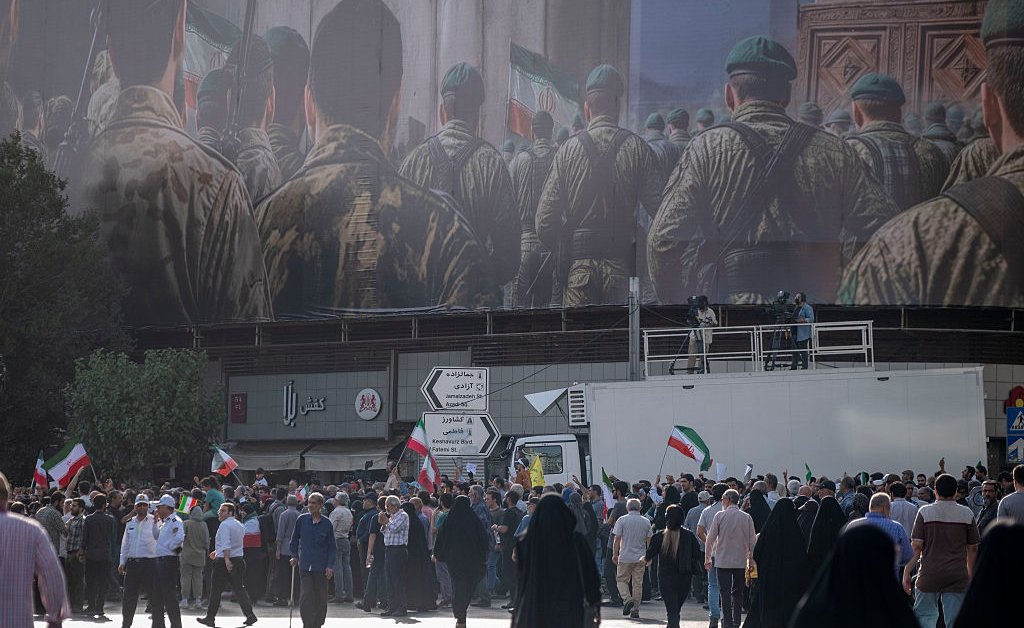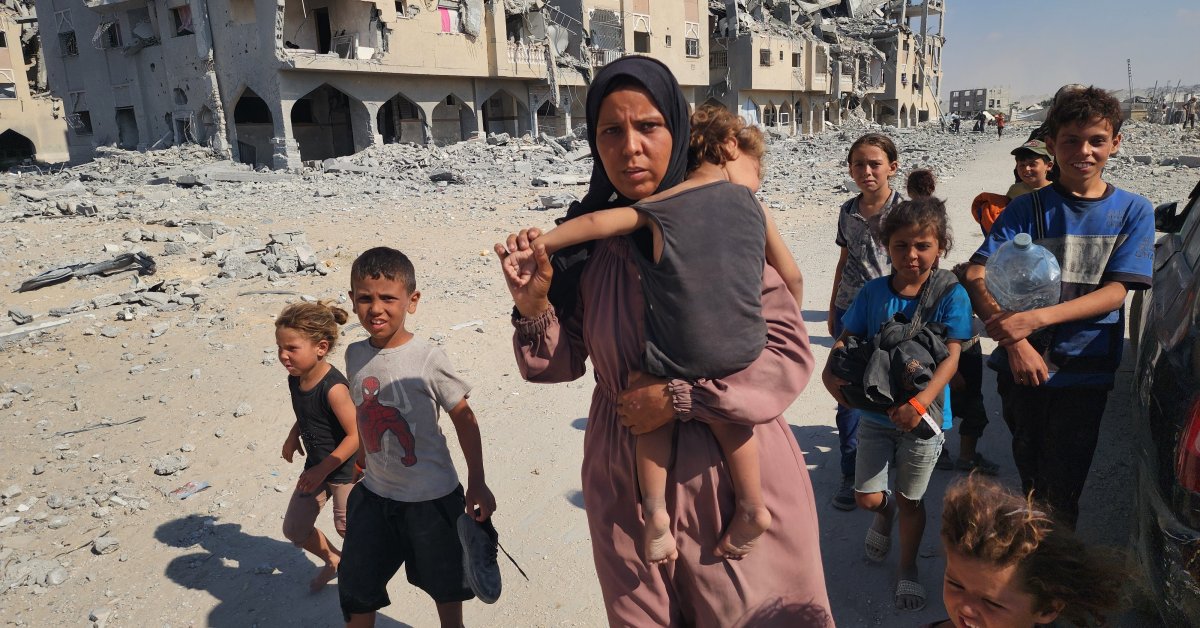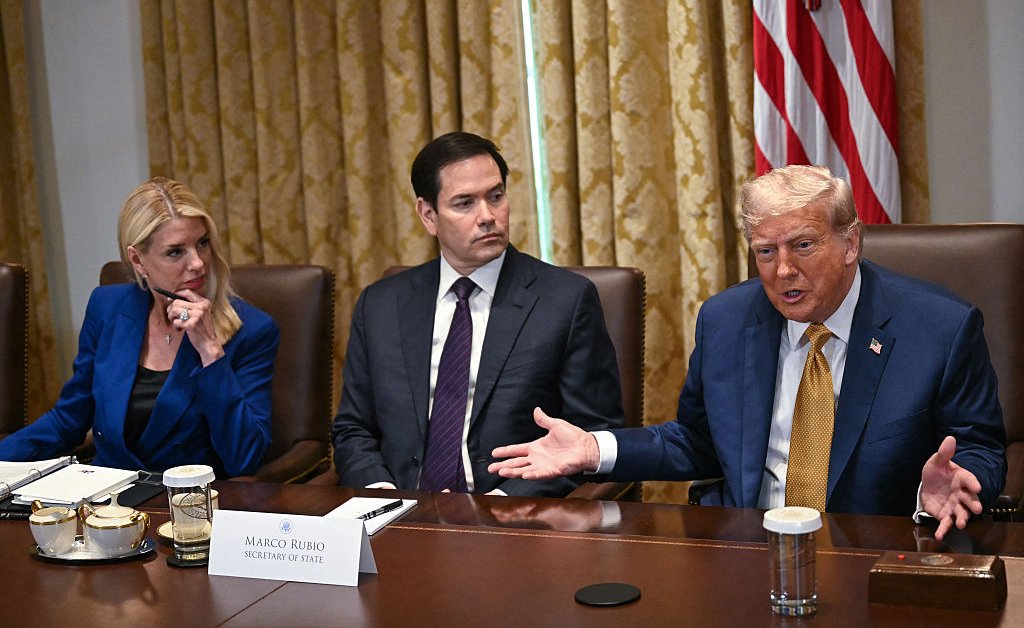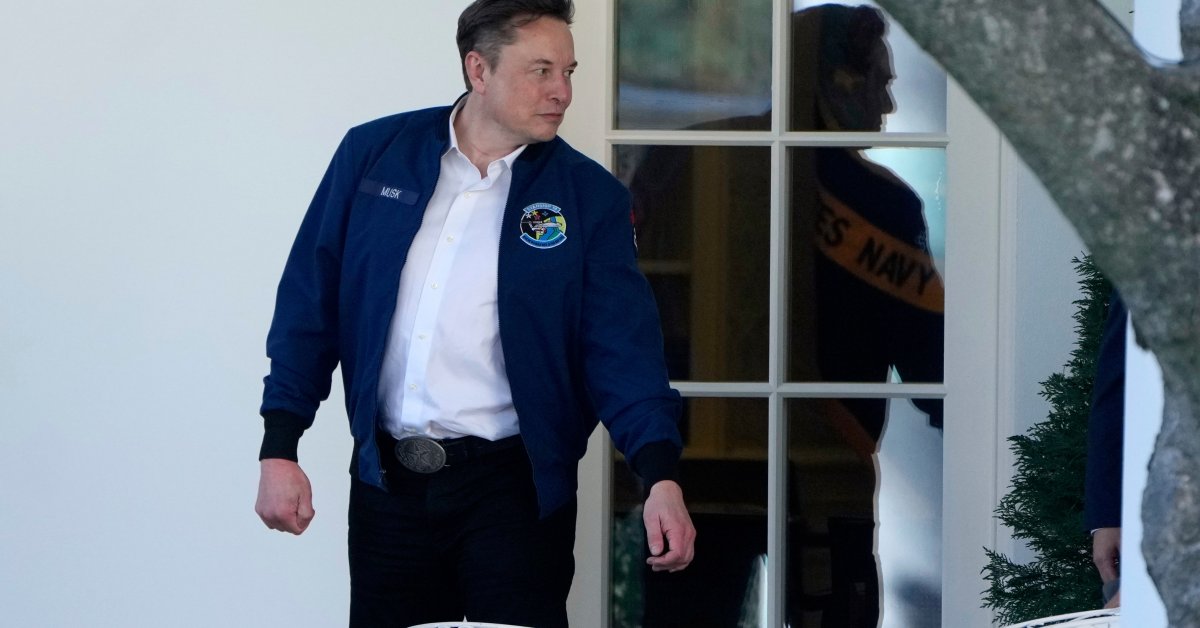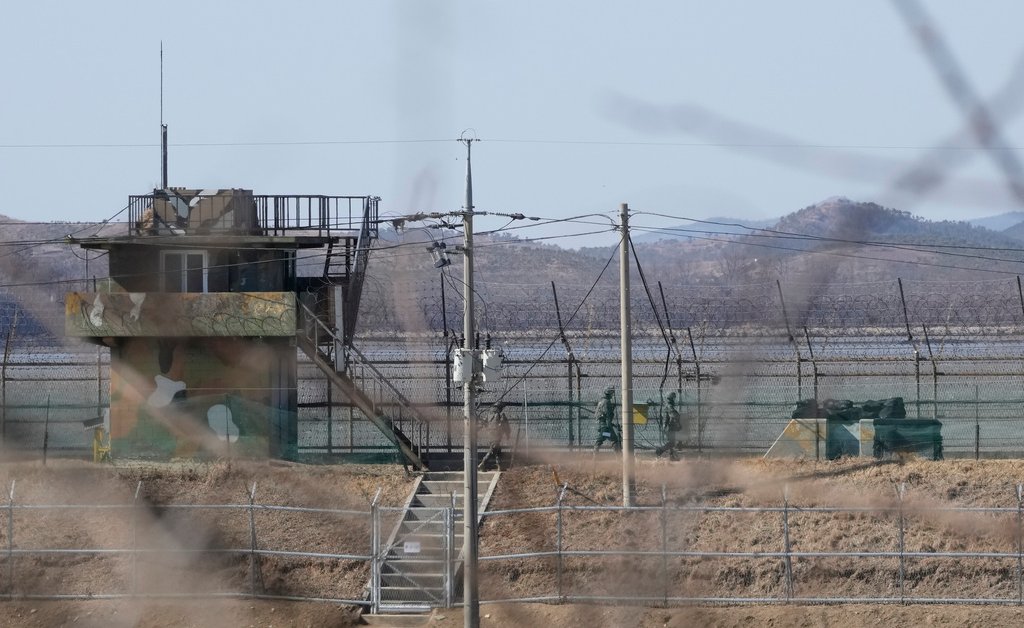The world is waiting with bated breath for Iran’s next move after U.S. President Donald Trump authorized strikes on Iranian nuclear facilities, despite warnings against such a move from some U.S. lawmakers and foreign leaders.
Iran has promised retaliation against the U.S., and Trump has vowed to meet any retaliation with “far greater” force and even raised the prospect of seeking “regime change.”
“For 40 years, Iran has been saying, Death to America, Death to Israel,” Trump said after the strikes. “There will be either peace or there will be tragedy for Iran far greater than we have witnessed over the last eight days.”
“Remember, there are many targets left,” he added. “If peace does not come quickly, we will go after those other targets with precision, speed, and skill.”
Meanwhile, the U.S. is preparing its citizens around the world for potential travel disruptions and “demonstrations against U.S. citizens and interests abroad.”
The Department of State issued a “Worldwide Caution” alert on Sunday—the first global alert since the Oct. 7, 2023, Hamas attack on Israel.
“The conflict between Israel and Iran has resulted in disruptions to travel and periodic closure of airspace across the Middle East,” the State Department said in a statement. “There is the potential for demonstrations against U.S. citizens and interests abroad. The Department of State advises U.S. citizens worldwide to exercise increased caution.”
The Department of Homeland Security also issued a National Terrorism Advisory on Sunday, warning that “low-level cyber attacks against U.S. networks by pro-Iranian hacktivists are likely” and that Iran may target U.S. government officials, as the country has repeatedly stated its desires to attack specific officials, including Trump, in retaliation for the U.S. assassination of Iranian Gen. Qasem Soleimani in 2020.
“The likelihood of violent extremists in the Homeland independently mobilizing to violence in response to the conflict would likely increase if Iranian leadership issued a religious ruling calling for retaliatory violence against targets in the Homeland,” the alert added.
Police in New York, Los Angeles, and Washington, D.C., have heightened vigilance at religious and diplomatic sites and public spaces, according to Bloomberg.
Iran condemned the U.S. attacks and asked the United Nations Security Council to “immediately act” to address “injustice and gross violations” by the U.S. and Israel. Iran’s Foreign Minister Abbas Araghchi said Israel with its surprise attack that sparked the war and the U.S. with its intervention this weekend each “decided to blow up” diplomacy.
Iran warned at the UNSC meeting that “the timing, nature and the scale of Iran’s proportionate response will be decided by its armed force,” and Iranian officials have warned that “all options” are on the table and that U.S. military bases in the region are “legitimate targets.”
Iran also holds significant leverage over global oil trade via the Strait of Hormuz, though disrupting that would also hurt its own economy as well that of its friends like China.

